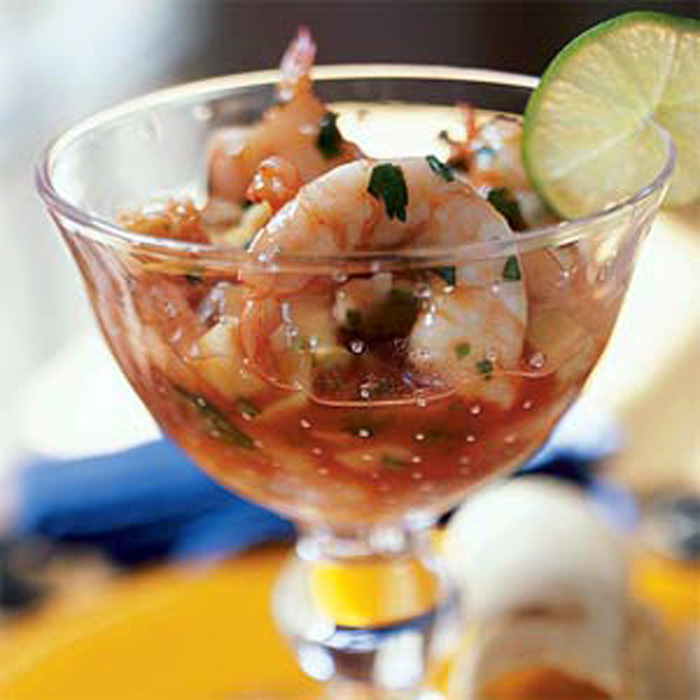This research was oriented by Pilar Meléndez, an associate professor of the Pharmacy Department of Universidad Nacional de Colombia. "These bacteria, used in fermented products especially, have the property of living in the gastrointestinal track. We studied the proteins they secrete called pathogenic bacteriocins, which are present in a piece of food," explained the scientist.
When separating these proteins from the bacteria, it is possible to observe the activity they have against pathogens. Bacteriocins were isolated from Lactobacillus plantarum, in order to observe the micro-bacterial activity against different pathogens such as salmonella, or some others that, at certain point, can produce diarrhea.
After this, when the extract of this protein was obtained, shrimp ceviche was selected to perform the studies about antimicrobial activity in food. "The protein was effective against a pathogenic bacterium called listeria, which is generally located in nature, that means, it is everywhere, in the water, in the soil, with an important characteristic and capable of growing at freezing temperatures. Therefore, taking into account the reports of food poisoning due to shrimp ceviche, we decided to choose this product," asserted the specialist.
For this reason, the study was oriented towards shrimp ceviche contaminated with listeria. Meléndez mentioned the way in which the sauce is prepared using garlic, onion and lemon, substances that do not affect listeria. The ceviche was contaminated with listeria and after the bacteriocin was applied that, effectively, killed the pathogenic bacteria.
However, although the result was positive, some factors had to be taken into account during the study: the amount of bacteriocin used the temperature and the amount of listeria used to contaminate the ceviche.
For now, this investigation aims at managing these factors effectively and knowing the sequencing of the organism that produces the proteins, as well as the effect on other bacteria. Also, through the use of fructooligosaccharides, which are the best probiotics, scientists work to increase the production of bacteriocin.
 Correo Electrónico
Correo Electrónico
 DNINFOA - SIA
DNINFOA - SIA
 Bibliotecas
Bibliotecas
 Convocatorias
Convocatorias
 Identidad UNAL
Identidad UNAL





